Firebase with SQL Database
Creating an application or website can be a laborious process. There are a lot of applications and websites. Thus, it takes a significant amount of time and expenses to birth a high-quality application or website to garner attention and scalable ROI.
Developers have the pressure of creating websites and apps that help boost the success of the companies representing the name on the site. Through this pressure, it is easy for developers to feel overwhelmed even before beginning the process.
However, with the emergence of various services to aid in development, developers are freed of a significant number of tasks. The heavy burden on the developer’s shoulders gets lightened with Firebase.
Contents
- 1 What is Firebase?
- 2 What is a SQL Database?
- 3 What is a NoSQL Database?
- 4 What are the Differences Between SQL vs. NoSQL Database?
- 5 What Type of Databases Does Firebase Offer?
- 6 What are the SQL Alternatives for Firebase NoSQL Databases?
- 7 Conclusion
- 8 FAQ
- 9 What is Firebase?
- 10 Does Firebase provide SQL databases?
- 11 What are the SQL alternatives to Firebase?
What is Firebase?
In 2011, Firebase, Inc. created a platform for developing mobile and web applications that carried its namesake, Firebase. It works as a Backend-as-a-Service (BAAS) that allows for the development of various software applications irrespective of server-side scripting, APIs, or backend database.
In 2014, Google acquired Firebase.

What is a SQL Database?
To get it out of the way, SQL stands for Structured Query Language used for relational databases. An SQL database is a collection of tables that houses several specific structured data sets.
The SQL database has been the unsung hero for the longest time, first created in the 1970s as a method of accessing IBM’s System R database system. The SQL database has been instrumental to where the world is at this electronic age.
What is a NoSQL Database?
A NoSQL database, originally referring to “non-SQL” or “non-relational” database, utilizes a data storage and query mechanism that is different from the tabular relations used in SQL databases. Although already existing in the 1960s, the term “NoSQL” only started in the early 21st century.
What are the Differences Between SQL vs. NoSQL Database?
One of the most significant decisions developers must make in choosing a modern database is selecting a relational (SQL) or non-relational (NoSQL) data structure.
Although choosing any of the two is possible, the decision boils down to the system that can cater to the specifics that developers might look for:
Scalability
When it comes to scalability, the defining difference between the two data structures involves whether you need vertical scalability or horizontal scalability. An SQL database provides vertical scalability, while a NoSQL database provides horizontal scalability.
SQL databases allow developers to increase the load on a single server by increasing the CPU, RAM, or SSD, being vertically scalable. On the other hand, being horizontally scalable, NoSQL databases allow developers to handle more traffic by sharding or adding more servers within the non-relational database.
SQL can be likened to adding more floors to the same building in terms of scalability, whereas you can compare NoSQL to adding more building opportunities to the block.
With this analogy, the NoSQL can be of greater power, thereby making it the data structure of choice for massive or dynamic data sets.
Structure
As established, SQL databases are table-based. On the other hand, NoSQL databases employ document-based, wide-column stores. For this factor, SQL databases are a better option for applications requiring multi-row transactions, such as accounting systems or legacy systems.
What Type of Databases Does Firebase Offer?
Firebase mainly employs a NoSQL data structure divided into two database categories types:
| The Realtime Database | Cloud Firestore |
| Realtime Database is Firebase’s very first product application to which the company’s success gets attributed and credited. | Firestore is Firebase’s most modern database for mobile application development with a more spontaneous data model. |
| NoSQL | NoSQL |
| Single-Region | Multi-Region |
| JSON Tree | Collections of Documents |
| iOS/Android | iOS/Android/Web |
| Limited Queries | More Complex Queries |
| Basic Operations | Advanced Operations |
| Pricing based on bandwidth and storage. | Pricing based on operations like read, write and delete. |
What are the SQL Alternatives for Firebase NoSQL Databases?
Since Firebase runs on a NoSQL database, developers who may want to opt for SQL databases may consider the following alternatives:
Back4App
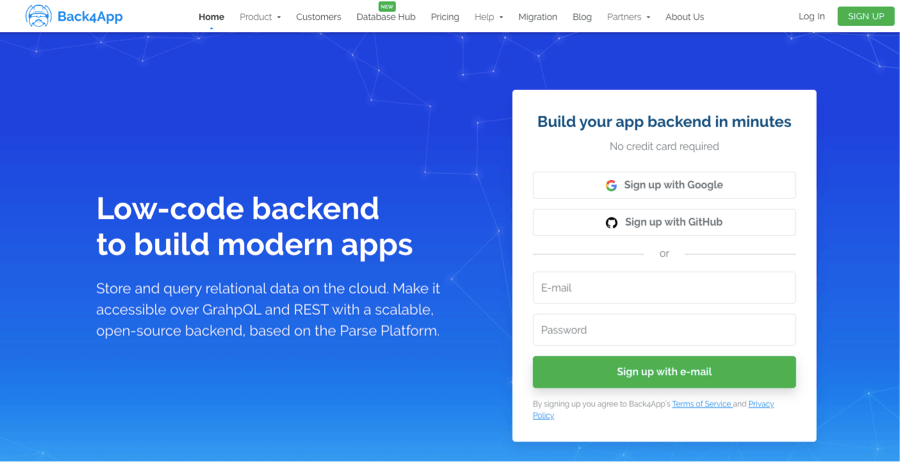
Back4App is user-friendly and streamlines the process of setting up a backend service. With Back4App, the user is allowed to host a website or a basic NodeJS app. To enjoy this hosting feature, a user has to configure a subdomain on Back4App first.
Backendless
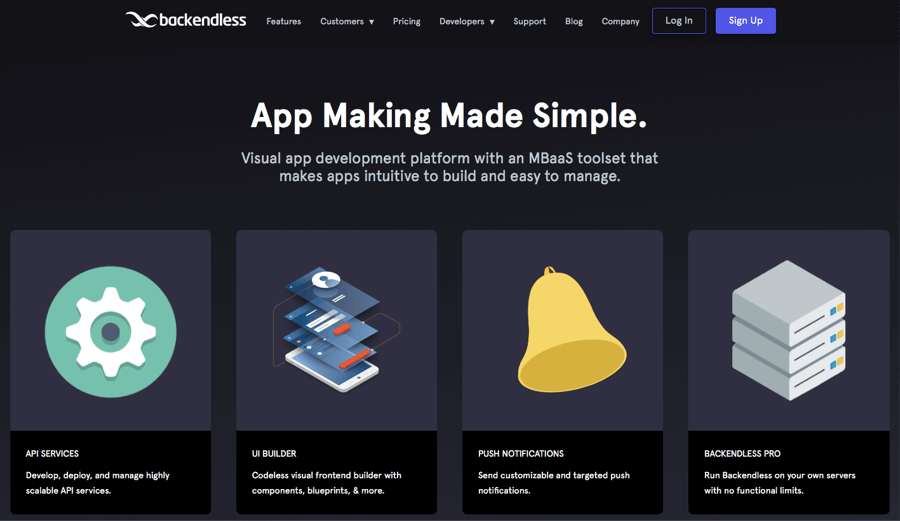
As a Visual App Development Platform (VADP), Backendless allows its users to send emails, give notifications, chat in real-time, and other geolocation-based functionalities. As a VADP, Backendless brings a user-friendly interface based entirely on the web.
Amazon RDS
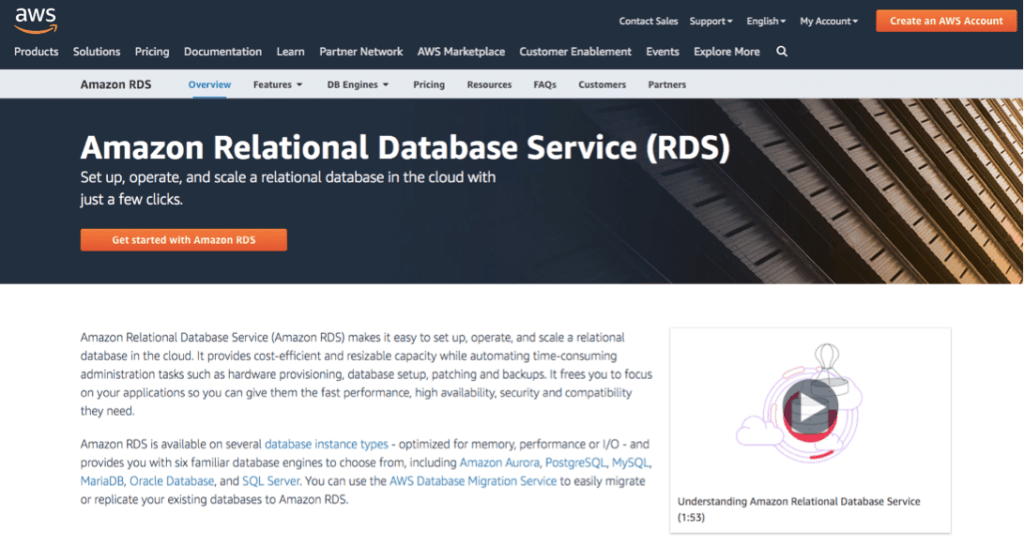
Amazon Relational Database Service brings your SQL database to the cloud with a fast set-up process, easy operations, and scalability. Besides providing a cost-efficient and resizable capacity, you can use Amazon RDS to automate tedious administrative tasks, thereby freeing more users’ time devoted to more high-value jobs.
Heroku
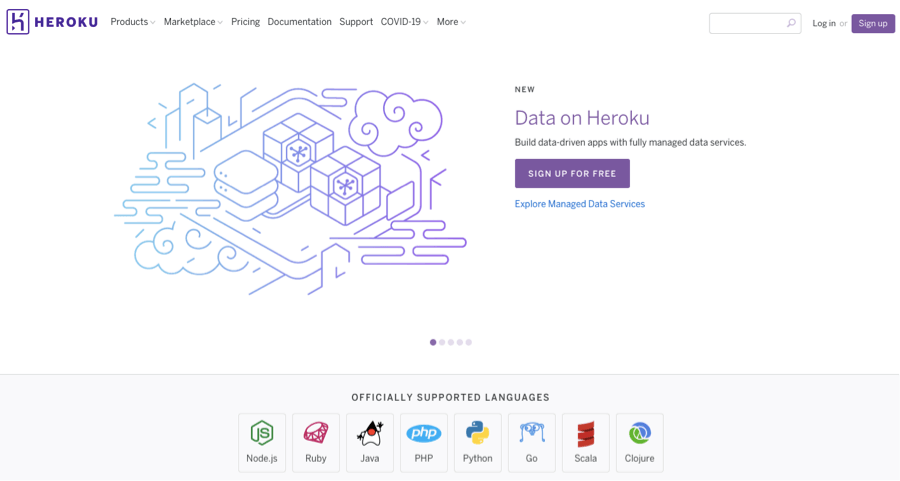
Developers can also opt for a trusted, secure, and scalable service offered by the world’s most advanced open-source database — Heroku Postgres.
Through Heroku, developers can build appealing, data-driven apps without worrying about compliance with their data stack. Heroku has optimized its services to rid developers of the burden entailing the task of app development.
Digital Ocean Managed Databases
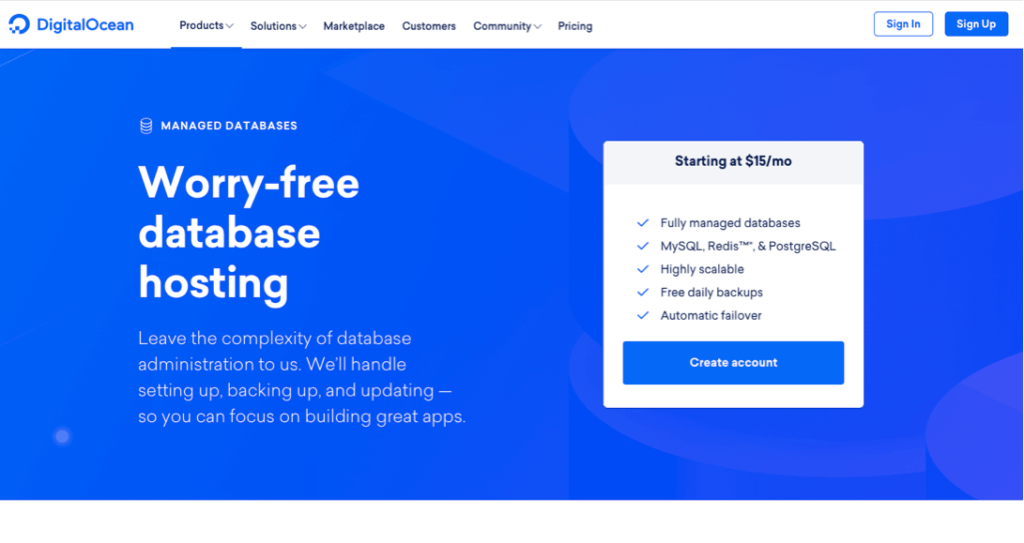
The Digital Ocean Managed Databases offers the power, scale, and flexibility of SQL databases without its complexities.
Moreover, it provides more visibility into the basal infrastructure built on open standards. Furthermore, because Digital Ocean owns its infrastructure, developers are offer services at considerably lower pieces relative to other service providers.
Conclusion
If not the best, Firebase is a viable option to consider when maintaining or building a new business application or website. For one, Firebase features a user-friendly interface that also houses everything that a business might need to start an application on the right foot.
Additionally, opting for Firebase is also equivalent to ensuring essential factors such as analytics, development, growth, and profitability. And ultimately, Firebase rids developers or otherwise unnecessary tasks to focus on enhancing the application’s or website’s core functionalities, thereby making them stand out from all others.
Firebase does not provide SQL databases, and for this situation, a user can look for alternatives like Back4App, Backendless, RDS, Heroku, or Digital Ocean.

FAQ
What is Firebase?
Google’s app development platform.
Does Firebase provide SQL databases?
No, Firebase does only provide NoSQL databases.
What are the SQL alternatives to Firebase?
– Back4app
– Backendless
– Heroku
– RDS
– Digital Ocean



